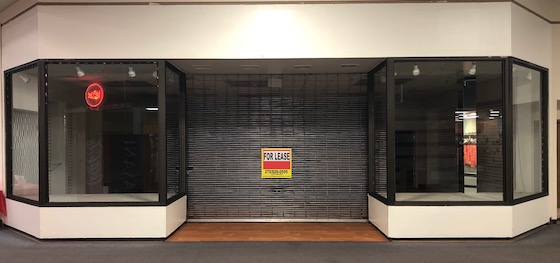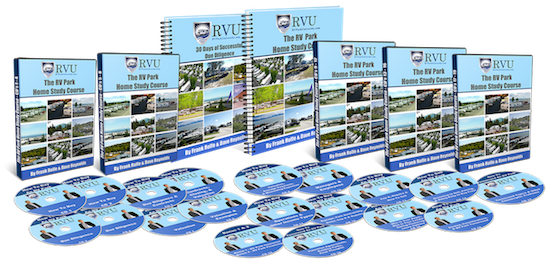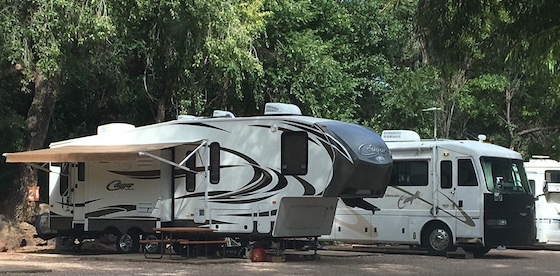For decades, real estate investing was all about five main categories of property: 1) housing 2) retail 3) office 4) industrial and 5) hotel. In recent times, these categories of real estate stopped delivering on their promises of stable and attractive returns. And new, alternative sectors came into play, with RV parks among the top choices. How did this occur?
Why mainstream real estate no longer works
America has changed considerably over the years, and so has the demand for different sectors of real estate. We remember when every office had to have a receptionist to answer the phone – today that’s done with voicemail and even virtual assistants. With each change in technology and consumer behavior, the traditional real estate sectors were damaged. In addition, competition changed over the years and cap rates declined as more capital started chasing fewer deals. The addition of large private equity groups into the mix exacerbated these issues and made many of the blue-chip real estate sectors suddenly unable to pay out their dividend and reflecting lower values upon sale.
Higher returns are possible in alternative models: RV is at the top of the list
As American grew and changed, new real estate sectors popped up to address new demand by the public. In the 1950s, nobody had ever heard of “self-storage”, and even today “Air BNB” has dramatically altered the hotel industry. RV parks have risen to prominence because they offer extremely high rates of return, thanks to lower pricing by moms and pops as well as the fact that it’s a sector that not that many people are focused on. Cash-on-cash returns of 20%+ are not uncommon.
Shifts in technology: RV parks are low-tech yet tech-savvy
The internet has literally destroyed many real estate niches. Amazon and its peers, for example, have decimated the retail industry. Nearly 20% of shopping malls are estimated to close over the next decade, since people are just as happy shopping from home on their laptop. But RV parks are extremely low tech – there’s nothing much you can do at an RV park that you can also do from your computer. In this way it’s a sector that is somewhat insulated from technology. At the same time, however, the RV park industry has benefitted enormously from the internet. When an RV owner wants to find an RV park to stay at, they find it effortlessly from Google and look at the website – not scouring through flyers at the travel center or thumbing through some RV park directory. This allows RV park owners to move much quicker in ramping up their marketing and revenues.
RV parks are in-line with all U.S. megatrends
Real estate is all about location, location, location – but there’s also now an element of trend, trend, trend. And the current U.S. “megatrends” are all positive for the RV park industry while disastrous for some other traditional real estate sectors. First of all, there are 10,000 Baby Boomers retiring in the U.S. each day, with a huge number of these downsizing as part of their retirement and deciding to live in and travel the U.S. in an RV. Another trend is the new consumer preference for simple outdoor pleasures, with RVs travel allowing for quality time with friends and family, and the ability to enjoy nature. Still another trend is the massive sales of RVs in the U.S. – the highest level ever measured – and the simple fact that these units all need to find a limited place to park.
Additional attractive attributes
RV parks have some additional characteristics that make them superior to many other traditional sectors of real estate.
- Low prices. This is simply a function of the fact that most RV parks are still owned by the original mom & pop owner, who is not very sophisticated on maximizing income or selecting the right sales price.
- Seller financing. Many RV park sellers are willing to carry the paper. The reason is simple – they want to get 5% from the buyer rather than 2% from A.G. Edwards. This allows many investors to avoid the cost and stress of traditional bank financing and to get lower than normal down payments.
- Attractive settings for those who want to self-manage. Many RV park owners elect to self-manage and live on-site. In this regard, this is a superior investment option as it offers a spectacular setting to live.
Conclusion
RV parks are among the best forms of alternative real estate investing – an asset class that has come to the forefront as the traditional forms of real estate fall apart. Many investors would be far better off with an RV park than the worn-out domain of apartments, office, retail, industrial, and hotel.







